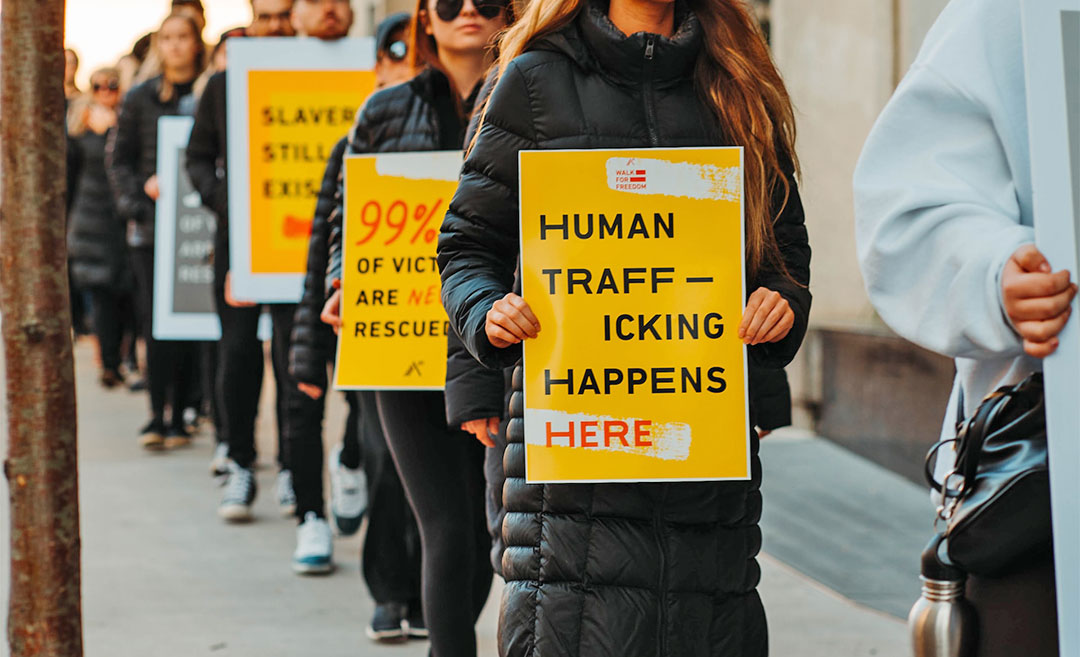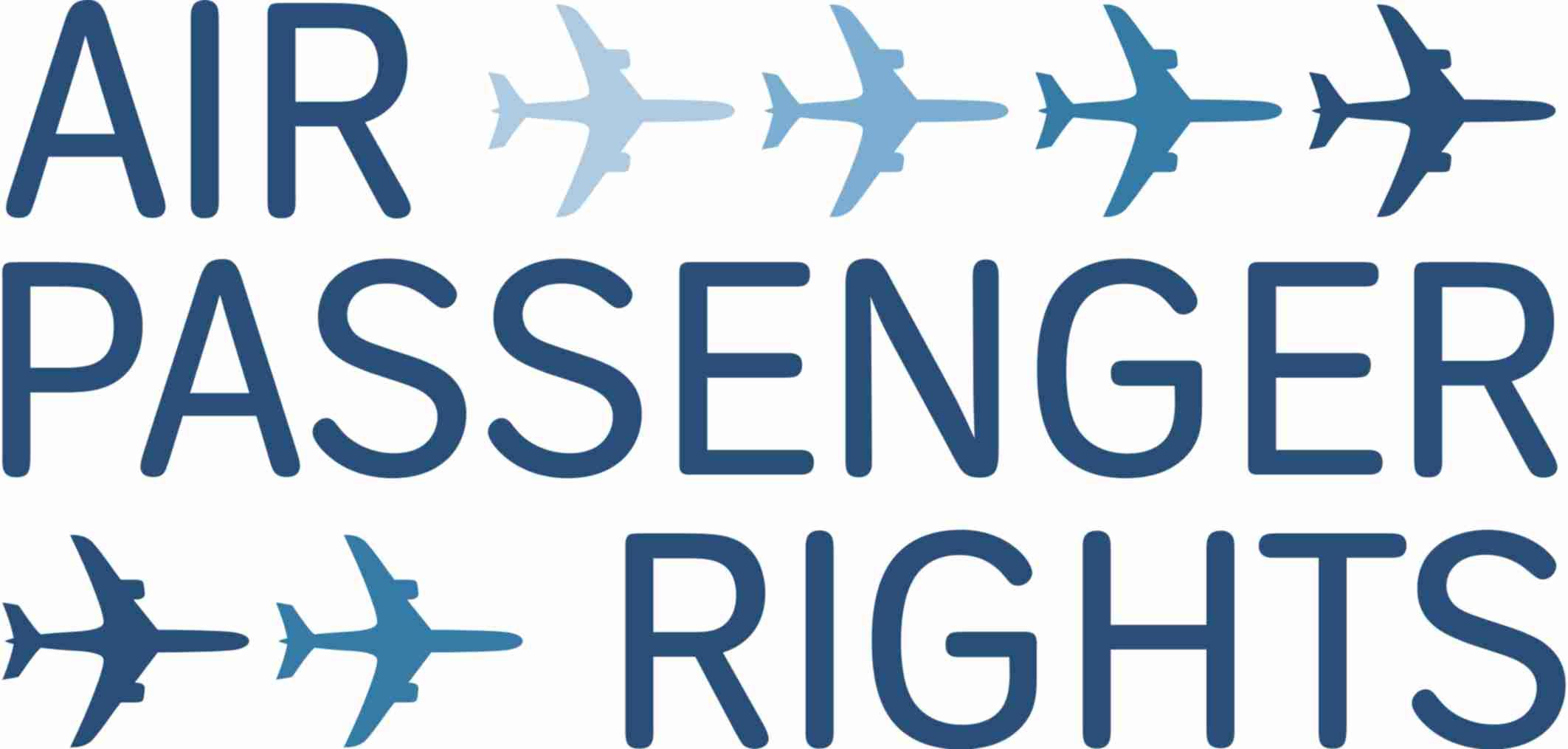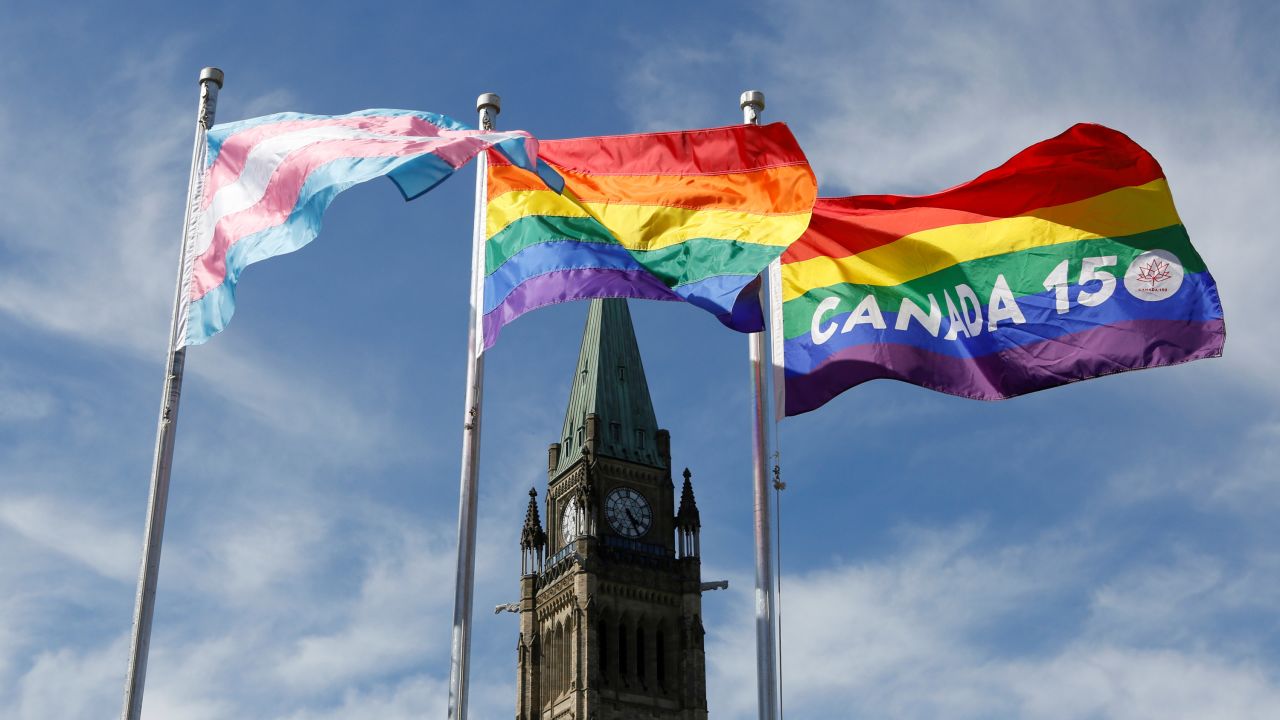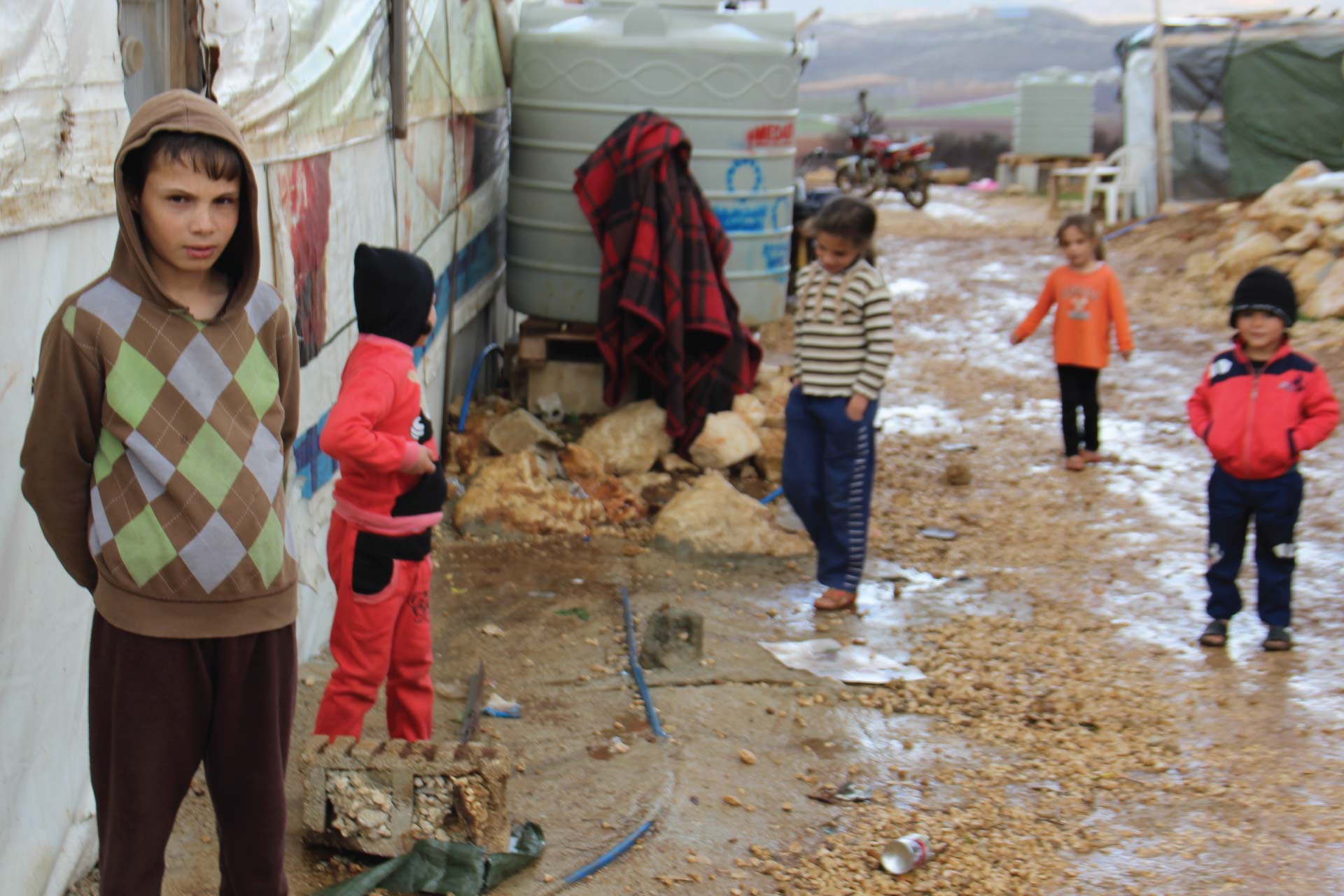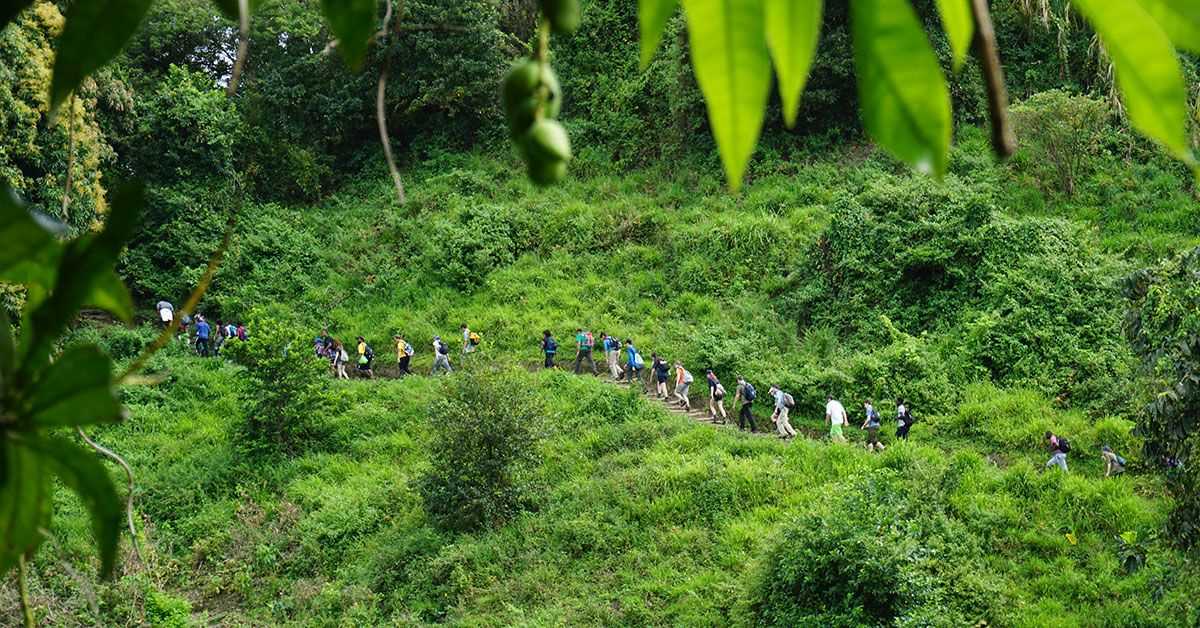Travel And Human Rights - Navigating Ethical Journeys In A Globalized World
In today's interconnected world, where travel has become more accessible than ever, the intersection of travel and human rights has gained paramount importance. Travelers often find themselves in situations where human rights issues are at the forefront.
Author:K. N.Nov 03, 202331.3K Shares695.7K Views
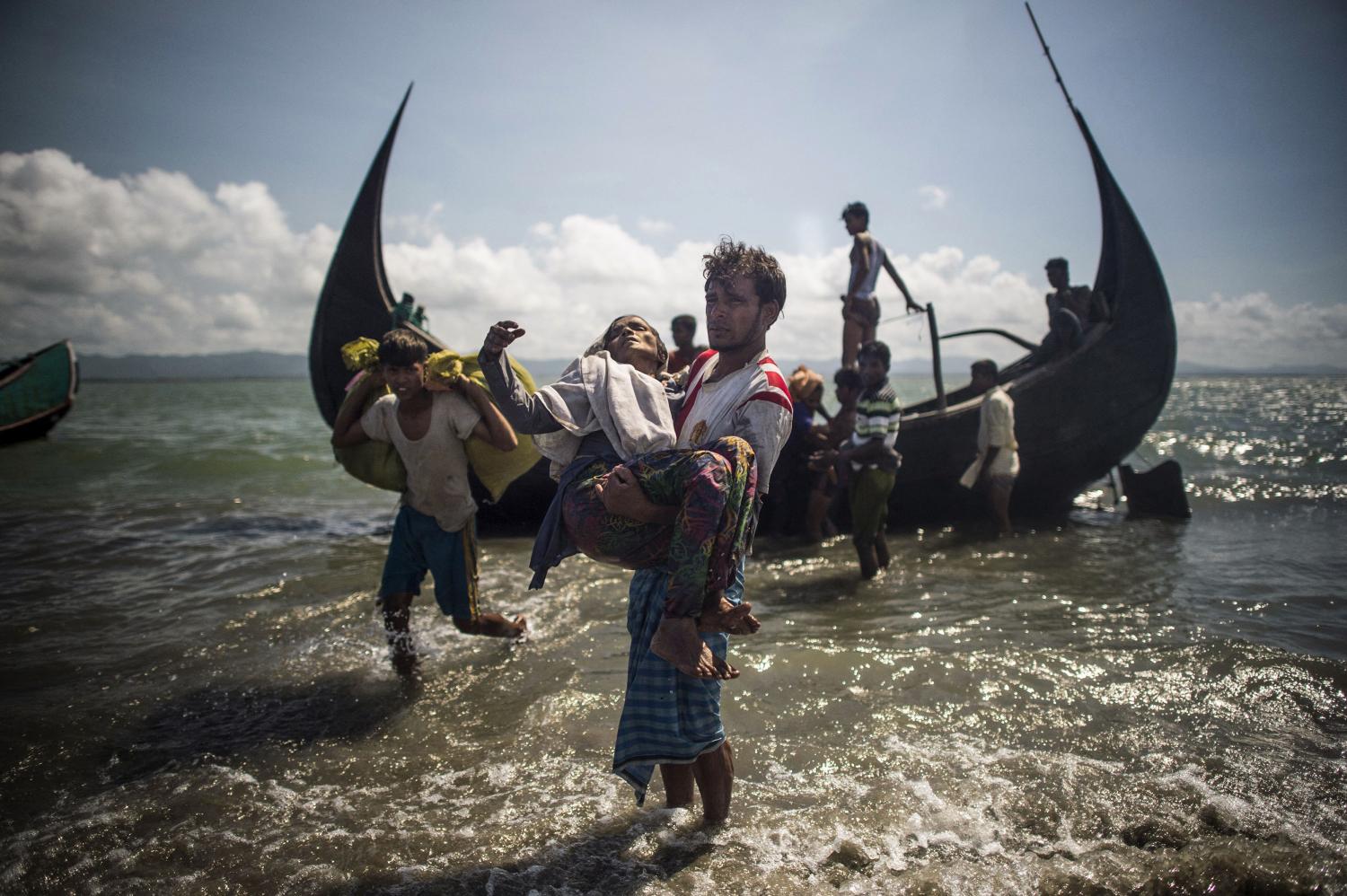
In today's interconnected world, where travel has become more accessible than ever, the intersection of travel and human rightshas gained paramount importance. Travelers often find themselves in situations where human rights issues are at the forefront.
From combating human trafficking to ensuring the rights of indigenous communities, the travel industry plays a crucial role in promoting and protecting human rights across the globe.
Human Trafficking And Travel
The Scope Of Human Trafficking In The Travel Industry
Human trafficking, a modern-day form of slavery, continues to plague societies worldwide. Vulnerable populations, especially women and children, are exploited in various countries, often becoming victims of sexual exploitation, forced labor, or involuntary servitude.
The travel industry, unfortunately, serves as a conduit for these illegal activities, with traffickers exploiting gaps in security and oversight to transport their victims across borders.
Legal Frameworks And International Cooperation
Within the realm of travel and human rights, combating human trafficking is a paramount concern. Various international conventions and protocols exist to address this grave issue.
Explore the legal frameworks, such as the United Nations Protocol to Prevent, Suppress and Punish Trafficking in Persons (Palermo Protocol), which provide a foundation for global cooperation. Understand the role of Interpol and other international law enforcement agencies in apprehending traffickers and dismantling trafficking networks.
Indigenous Rights And Responsible Tourism
Challenges Faced By Indigenous Communities
Indigenous communities, rich in cultural heritage and wisdom, often face significant challenges related to their rights, land preservation, and sustainable development. Rapid tourism development can disrupt their traditional ways of life, leading to cultural erosion and environmental degradation. It is essential to understand the complexities these communities face and work towards solutions that respect their rights and preserve their unique heritage.
Legal Safeguards And Empowerment Through Responsible Tourism
Delve into the legal aspects of indigenous rights, including international agreements like the United Nations Declaration on the Rights of Indigenous Peoples(UNDRIP). Responsible tourism practices emphasize engaging with indigenous communities in mutually beneficial ways.
Explore how responsible tourism initiatives, such as community-based tourism and cultural exchanges, empower indigenous populations economically and culturally. These initiatives ensure that tourism becomes a tool for sustainable development, preserving indigenous traditions and empowering them to thrive in the modern world.
Ethical Travel Practices
Ethical travel practices are crucial in respecting the rights and dignity of indigenous communities. Travelers should educate themselves about the cultural norms and traditions of the indigenous peoples they encounter. Understanding and appreciating their way of life can lead to more meaningful and respectful interactions.
Additionally, supporting local indigenous artisans and businesses ensures that the economic benefits of tourism directly reach these communities, fostering self-sufficiency and cultural preservation.
Traveler's Rights - Navigating International Laws
Fundamental Rights Of Travelers
Travelers, regardless of their destination, are entitled to fundamental rights that protect their well-being and dignity. These rights include privacy, freedom of movement, protection from discrimination, and fair treatment under the law. Explore international conventions and treaties that serve as the backbone for these rights, such as the International Covenant on Civil and Political Rights (ICCPR) and the Universal Declaration of Human Rights(UDHR). Understanding these legal frameworks is crucial for travelers, as they provide a universal standard for the protection of individual rights.
Legal Systems And Traveler Protections
Different countries have varying legal systems that protect travelers' rights. Explore the differences and similarities in legal protections across countries, highlighting specific case studies or examples where travelers' rights were upheld or violated. Understanding the legal landscape in different regions empowers travelers to make informed decisions and ensures they are aware of their rights, regardless of their location.
Common Legal Challenges And Resources For Travelers
Travelers often encounter legal challenges while abroad, ranging from issues related to contracts and consumer rights to disputes with local authorities.
Delve into common legal challenges faced by travelers, such as lost or stolen property, medical emergencies, or contract disputes with travel agencies. Provide insights into the resources available to travelers, such as embassies, consulates, legal helplines, and online platforms, which offer guidance and support in navigating legal issues in foreign countries.
Balancing Security And Privacy - Travel In The Age Of Surveillance
The Impact Of Technology On Traveler Privacy
Advancements in technology have revolutionized travel but have also raised concerns about traveler privacy. Explore the implications of surveillance technologies, including facial recognition, biometric data collection, and social media monitoring, on travelers' privacy rights.
Discuss how these technologies are used in airports, hotels, and other public spaces, highlighting the potential risks to individual privacy.
Legal Implications Of Security Measures
Countries implement security measures to ensure public safety, especially in the face of evolving threats. Examine the legal frameworks that govern these security measures, such as anti-terrorism lawsand airport security protocols.
Discuss the balance between ensuring public safety and respecting individual privacy rights. Explore landmark legal cases or international agreements that have shaped the approach to security measures in the context of traveler privacy.
Empowering Travelers
Travelers must be aware of their privacy rights and understand how to protect themselves while adhering to security protocols. Provide practical tips and advice on safeguarding personal information, both online and offline, during travel. Discuss encryption tools, secure communication methods, and best practices for protecting sensitive data. Empower travelers to make informed decisions about sharing personal information and educate them on their rights concerning data privacy and consent.
LGBTQ+ Rights And Travel - Navigating Diverse Landscapes
Discrimination Faced By LGBTQ+ Travelers
Members of the LGBTQ+ community often encounter discrimination and legal challenges while traveling, varying significantly from one destination to another. Explore the diverse landscape of LGBTQ+ rights across countries, emphasizing regions where LGBTQ+ individuals face heightened risks and prejudices.
Highlight specific cases or incidents to provide context and illustrate the challenges faced by LGBTQ+ travelers worldwide.
Fostering Inclusivity In The Travel Industry
The travel industry plays a pivotal role in fostering inclusivity and acceptance for LGBTQ+ travelers. Discuss the initiatives taken by airlines, hotels, travel agencies, and tour operators to create LGBTQ+ friendly spaces.
Explore policies and practices that ensure equal treatment and respect for LGBTQ+ guests, such as gender-neutral accommodations, inclusive marketing campaigns, and LGBTQ+ sensitivity training for staff. Highlight companies and destinations that have excelled in promoting LGBTQ+ inclusivity to serve as examples for the industry.
Advocacy Organizations And Supportive Destinations
There are numerous organizations dedicated to advocating for LGBTQ+ rights in the context of travel. Explore the work of these organizations, both locally and globally, in promoting LGBTQ+ inclusivity and awareness.
Discuss their campaigns, partnerships with the travel industry, and the impact they have had on policies and attitudes. Highlight LGBTQ+ friendly travel destinations, cities, and countries that have implemented progressive laws and practices to create safe and inclusive environments for LGBTQ+ travelers.
Child Protection And Ethical Tourism
The Reality Of Child Exploitation In Tourism
Child exploitation in tourism is a grave concern, encompassing various forms of abuse, including child labor, sex trafficking, and forced begging. Investigate the legal measures in place internationally and within specific countries to protect children from exploitation in travel-related activities.
Highlight the gaps in existing laws and enforcement that allow these crimes to persist. Provide real-life examples to underscore the urgency of addressing this issue and protecting vulnerable children.
The Role Of Travel Agencies, Hotels, And Tourists
Travel agencies, hotels, and tourists collectively play a significant role in preventing child exploitation and promoting ethical tourism practices.
Discuss the responsibilities of travel companies in conducting thorough background checks on their suppliers, ensuring child protection policies are in place, and supporting local initiatives focused on children's welfare. Explore the role of tourists in reporting suspicious activities, supporting ethical tourism operators, and avoiding attractions or services associated with child exploitation.
Successful Initiatives And Campaigns
Highlight successful initiatives and campaigns that have made a positive impact on child protection in the travel industry.
Discuss collaborations between non-governmental organizations, government agencies, and travel companies that have led to tangible results, such as increased prosecutions of offenders, rescue and rehabilitation of exploited children, and public awareness campaigns. Showcase specific cases where the travel industry has actively contributed to ending child exploitation, emphasizing the importance of continued efforts and global collaboration.
Corporate Social Responsibility In The Travel Industry
Embracing Ethical Choices
In recent years, a growing number of travel agencies and companies have embraced the concept of Corporate Social Responsibility (CSR).
This paradigm shift signifies a departure from mere profit-driven ventures to ethical, socially conscious businesses. Explore how these entities are championing the cause of human rights, sustainable practices, and community development within the travel industry.
Impactful CSR Initiatives
Delve into successful CSR initiatives within the travel industry, focusing on their impact on local communities. These initiatives often involve education, healthcare, and economic empowerment programs that uplift marginalized populations. Highlight specific examples of travel agencies and companies collaborating with local organizations to create sustainable change. These endeavors not only promote human rights but also enhance the overall well-being of the communities they serve.
Choosing Responsible Travel Partners
Travelers have the power to influence the industry by choosing responsible travel partners. By supporting companies that prioritize human rights and ethical conduct, travelers become instrumental in driving positive change. Encourage travelers to research and select travel agencies and companies with a strong CSR ethos. By making informed choices, travelers can contribute directly to the promotion of human rights and community welfare.
Eco-Tourism And Conservation Efforts
Eco - Tourism Across The World
Eco-tourism, with its focus on responsible travel and environmental conservation, extends its benefits to local communities, emphasizing the importance of human rights. Investigate how eco-tourism initiatives engage with and respect the rights of local communities.
Explore the symbiotic relationship between environmental preservation and community empowerment, showcasing how eco-tourism can serve as a catalyst for positive change.
Positive Influence On Environmental Conservation And Human Rights
Delve into case studies that highlight the positive influence of eco-tourism on both environmental conservation and human rights.
These examples can range from sustainable agriculture projects that provide livelihood opportunities for indigenous communities to wildlife conservation efforts that protect the rights and habitats of local populations.
By examining real-life instances, readers can gain a deeper understanding of how eco-tourism can create a harmonious balance between nature and human rights.
Travelers As Advocates
Educate travelers about the ways they can support eco-friendly initiatives and contribute to the well-being of both nature and communities. Encourage responsible travel practices, such as respecting wildlife habitats, conserving water and energy, and supporting local artisans and eco-friendly businesses.
By empowering travelers with knowledge and encouraging conscientious choices, the travel industry can continue to champion the cause of both environmental conservation and human rights.
Travel Education
Empowering Travelers Through Education
Education serves as a potent catalyst in fostering awareness and empathy among travelers.
By incorporating human rights education into travel curricula and training programs, the travel industry can shape a more socially conscious and responsible generation of travelers.
Delve into the significance of integrating human rights topics, such as cultural sensitivity, ethical tourism, and local customs, into educational initiatives. Discuss the impact of well-informed travelers on promoting respectful interactions, understanding diverse perspectives, and preserving the dignity of local communities.
Role Of Educational Institutions, Travel Organizations, And Online Platforms
Educational institutions, travel organizations, and online platforms play pivotal roles in disseminating information about human rights issues related to travel.
Explore how universities and colleges are developing specialized courses that focus on human rights, social justice, and responsible tourism.
Discuss the initiatives of travel organizations in organizing workshops, seminars, and awareness campaigns. Emphasize the importance of online platforms in providing accessible resources, including articles, videos, and interactive modules, that educate travelers about human rights challenges and ethical travel practices.
Equipping Travelers To Make Ethical Choices
Informed travelers are better equipped to make ethical choices and advocate for human rights during their journeys. Discuss practical approaches to educate travelers about the cultural nuances and social contexts of their destinations.
Explore case studies where travelers have positively impacted communities through their understanding of human rights. Highlight the role of education in encouraging responsible consumer behavior, supporting local businesses, and promoting sustainable tourism. By arming travelers with knowledge, the industry can foster a more compassionate and culturally sensitive travel community.
Travel And Human Rights - FAQs
What Is The Relationship Between Tourism And Human Rights?
The relationship between tourism and human rights is multifaceted. Tourism can contribute positively to human rights by promoting cultural exchange, understanding, and economic development.
It can create job opportunities, preserve cultural heritage, and foster mutual respect among diverse communities. However, tourism can also pose challenges to human rights, especially in cases of exploitation, discrimination, and environmental degradation. Balancing the economic benefits of tourism with the protection of human rights is crucial for a sustainable and ethical tourism industry.
What Are The Human Rights Issues In Tourism?
Several human rights issues can arise in the context of tourism, including:
- Exploitation:Human trafficking, child labor, and forced labor are significant concerns, especially in the hospitality and tourism sectors.
- Discrimination:Travelers or workers may face discrimination based on race, gender, sexual orientation, religion, or other factors.
- Cultural Displacement:Indigenous communities might face displacement due to tourism development, impacting their cultural rights and traditional way of life.
- Privacy:Tourists' privacy can be compromised, particularly in heavily monitored tourist areas, impacting their right to privacy.
- Environmental Rights:Over-tourism and unsustainable practices can violate the environmental rights of local communities, affecting their right to a healthy environment.
Is Freedom Of Movement A Human Right?
Article 13(1) of the Universal Declaration of Human Rights states that "everyone has the right to freedom of movement and residence within the borders of each State." Similarly, Article 12 of the International Covenant on Civil and Political Rights (ICCPR) recognizes the right of everyone to liberty of movement and freedom to choose their residence.
However, this right can be subject to restrictions for reasons such as national security, public order, public health, or the rights and freedoms of others, as long as these restrictions are provided by law, necessary, and proportionate.
Conclusion
In the vast tapestry of global travel, every journey we undertake leaves a mark - not just on the places we visit but also on the lives of the people we encounter. As travelers, we have the power to influence change, promote understanding, and champion human rights. By embracing ethical travel practices, respecting cultural diversity, and advocating for the rights of vulnerable populations, we can transform the way we explore the world.
Let us embark on our travels with open minds, compassionate hearts, and a commitment to upholding the dignity and rights of every human being we meet along the way. By traveling responsibly, we can create a more inclusive, empathetic, and just world for all, one journey at a time.
Jump to
Human Trafficking And Travel
Indigenous Rights And Responsible Tourism
Traveler's Rights - Navigating International Laws
Balancing Security And Privacy - Travel In The Age Of Surveillance
LGBTQ+ Rights And Travel - Navigating Diverse Landscapes
Child Protection And Ethical Tourism
Corporate Social Responsibility In The Travel Industry
Eco-Tourism And Conservation Efforts
Travel Education
Travel And Human Rights - FAQs
Conclusion

K. N.
Author
Latest Articles
Popular Articles
